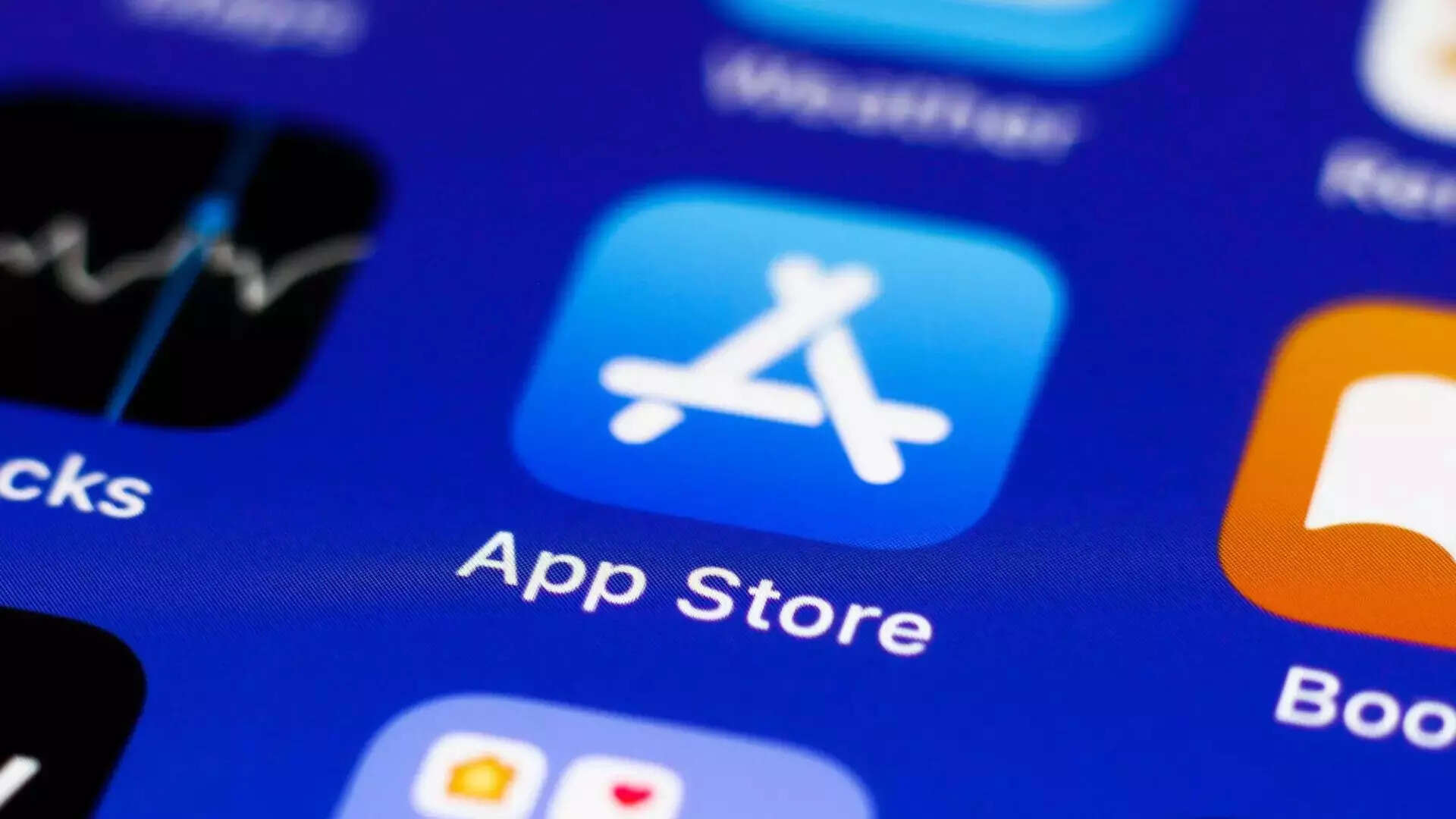Apple's Security Chief Raises Concerns Over Implications Of App Sideloading On iOS
Google and Apple are expressing their reservations regarding the recent legislation compelling them to permit users to sideload apps on Android and iOS, respectively. While Android has traditionally allowed app installation from various sources, this approach doesn't align with Apple's policies, and CEO Tim Cook has consistently emphasized the reasons behind it.
As the mandate for allowing app sideloading approaches in early 2024, Ivan Krstic , Apple's Head of Security Engineering and Architecture , has joined other executives in addressing the company's concerns about this shift. Krstic recently shared insights in an interview, highlighting what he perceives as a 'misunderstanding' about iPhone users potentially relying on alternative app stores to access apps not available on the App Store.
Krstic explained, "The reality of what the alternative distribution requirements enable is that software that users in Europe need to use – sometimes business software, other times personal software, social software, things that they want to use – may only be available outside of the store, alternatively distributed."
In essence, if Apple opens iOS to other app stores, developers might opt for alternative distribution methods, similar to what Epic Games has done with Fortnite on Android. Krstic raised concerns about the security implications, pointing out that third-party systems may not match the security standards of the Apple App Store. While acknowledging the validity of these security concerns, some observers suggest that Apple's underlying worry could be the potential loss of its developer commission, which currently stands at 30 percent for hosting apps on the App Store and reaching millions of iPhone users.
This apparent double talk prompted Google to weigh in on the matter. Sundar Pichai , Google's CEO, cautioned against sideloading apps, emphasizing the potential dangers for users, including the risk of malware infections and other malpractices. Despite the concerns, Apple is obligated to comply with EU rules, indicating that the company might limit sideloading support specifically for iPhone users in the European region.

As the mandate for allowing app sideloading approaches in early 2024, Ivan Krstic , Apple's Head of Security Engineering and Architecture , has joined other executives in addressing the company's concerns about this shift. Krstic recently shared insights in an interview, highlighting what he perceives as a 'misunderstanding' about iPhone users potentially relying on alternative app stores to access apps not available on the App Store.
Krstic explained, "The reality of what the alternative distribution requirements enable is that software that users in Europe need to use – sometimes business software, other times personal software, social software, things that they want to use – may only be available outside of the store, alternatively distributed."
In essence, if Apple opens iOS to other app stores, developers might opt for alternative distribution methods, similar to what Epic Games has done with Fortnite on Android. Krstic raised concerns about the security implications, pointing out that third-party systems may not match the security standards of the Apple App Store. While acknowledging the validity of these security concerns, some observers suggest that Apple's underlying worry could be the potential loss of its developer commission, which currently stands at 30 percent for hosting apps on the App Store and reaching millions of iPhone users.
This apparent double talk prompted Google to weigh in on the matter. Sundar Pichai , Google's CEO, cautioned against sideloading apps, emphasizing the potential dangers for users, including the risk of malware infections and other malpractices. Despite the concerns, Apple is obligated to comply with EU rules, indicating that the company might limit sideloading support specifically for iPhone users in the European region.
Next Story